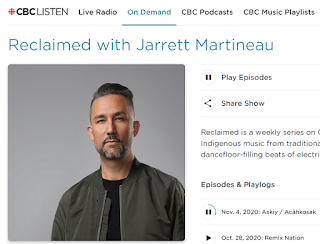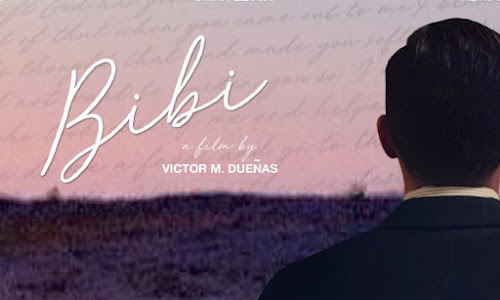A little rant:
A common saying that I hear in organizations and companies is, "Diversity and Inclusion are two sides of the same coin".
Here's an example, from an article at the Alberta CPA website (but they aren't the only ones saying this):
Rubbish!
It is true that a coin has two sides and it's not possible to have one side of a coin without the other, but it is certainly possible to have diversity without inclusion.
Think of pre-apartheid South Africa -- there were white people and Black people (= diversity), but the Blacks were not included and the whites, though in the minority, held all the power (no inclusion).
Think of Canada - there is great diversity, but many minoritized people are excluded, some even from basic human needs like clean drinking water.
Think of your company or organization. There is probably much diversity among the employees overall, but most likely, the higher in the organizational structure you go, the more white, male and cisgender it gets. So clearly, there is not inclusion at those levels.
















